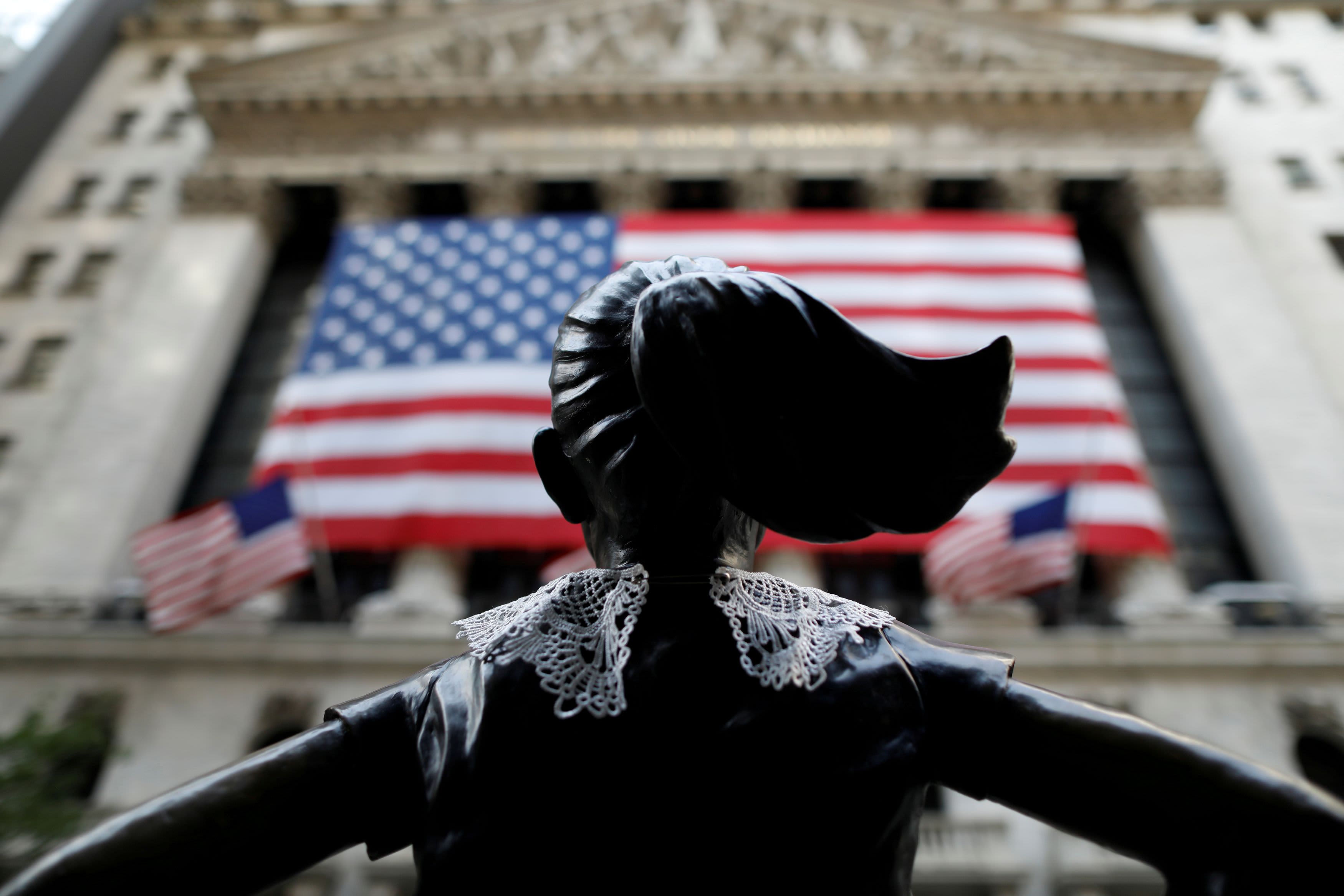Coalition of start-up founders and investors aims to end the gender pay gap for pre-IPO companies by 2027

A new coalition called Organizations for Pay Equity Now, or OPEN Imperative, launched Tuesday with the goal of eliminating the gender pay gap among pre-IPO start-ups by 2027.
More than 200 founders, CEOs and investors have joined the coalition, according to OPEN Imperative. Member start-ups and venture capital firms include digital gift card company Prezzee, mortgage lender Landed, newsroom consulting firm Hearken and newly public Nextdoor, a neighborhood-based social networking platform.
“What’s so exciting about working with pre-IPO companies is these are the fastest-growing companies in the world,” Emily Sweet, lead of OPEN Imperative, said in a panel Monday.
“These are the future CEOs and founders of larger enterprises and if they can start baking in these practices from the ground up at these early stages, it will continue to grow with the company and continue to make impact,” Sweet added.
OPEN Imperative members pledge to reduce gender pay gaps by 60% in the group’s first year of operation. The initiative will provide members with a confidential audit of members’ gender pay equity performance.
Access to compensation data is the barrier to closing the gender pay gap most commonly cited by business leaders, according to an OpenComp survey of 500 start-up CEOs, CFOs and HR executives.
“Expose the gap so you can actually activate some change,” OPEN Imperative founding partner and CEO and co-founder of OpenComp Thanh Nguyen said. “When you bury the data or you don’t seek the data out, then you’re not going to do anything with it.”
Other best practices discussed during Monday’s panel include sharing pay ranges upfront and not asking candidates about salary history.
The announcement Tuesday coincides with this year’s Equal Pay Day in the U.S. The symbolic day marks how far into the year women would need to work to make what men earned the previous year.
Women in the U.S. made 83 cents for every dollar men made in 2020, according to Census Bureau data for full-time, year-round workers ages 15 and older. When disaggregated by race and ethnicity, women of color experience an even wider wage gap, according to AAUW.
If the coalition meets its goal of reducing pay gaps by 60%, Equal Pay Day for its members could shift to Jan. 31, 2023, which is 43 days sooner than this year.
Equitable compensation “helps to retain employees, it increases productivity, increases goodwill between employees and employers,” said C. Nicole Mason, OPEN Imperative advisory board member and president and CEO of the Institute for Women’s Policy Research. “So it’s really a win-win for both employers and employees.”




